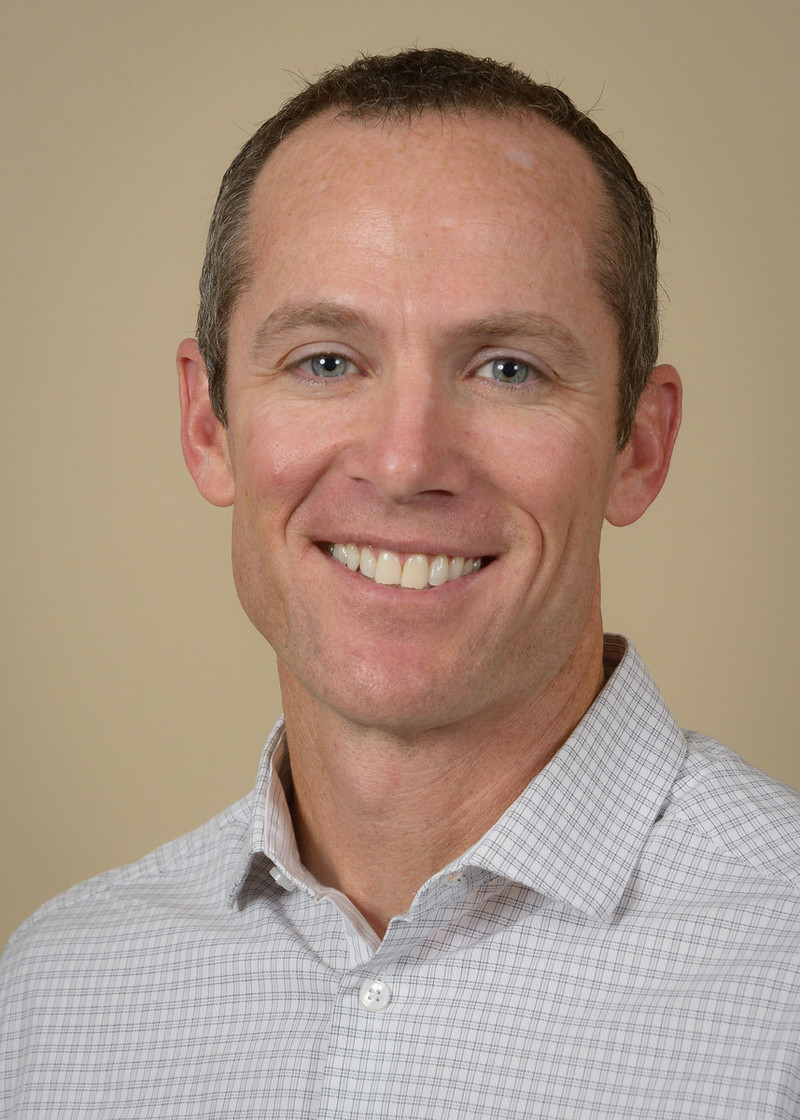The reality of Family and Consumer Science is everywhere

CHADRON – In the world of Family and Consumer Science, the course catalog can appear as a menu. The class descriptions might sound like premises for a TV show.
The current Chadron State College undergraduate course catalog and its FCS offerings do just that, featuring topics such as alteration and construction of clothing, textiles, food science, health care, interior design, nutrition, resource management, and families in society.
So, it’s no mistake then for Applied Sciences Associate Professor Dr. Josh Ellis to compare many of the abilities learned in FCS to the talents championed in reality television.
“Family and Consumer Science classes provide skills we all need for basic living,” Ellis said. “FCS is really a reflection of a diverse society and a lot of reality TV focuses on those various skills. Food, fashion, and even relationships are covered in our classes, but they’re also the subjects of popular entertainment and television shows.”
Reality television has shown in America’s living rooms since the 1940s, but became a cultural phenomenon in the late 90s and 00s when such programs as “American Idol,” “Survivor,” and “The Bachelor” began to rule the ratings. And, although ratings for reality programs this decade have declined some, there’s no doubt today’s college students have grown up inside the reality TV sphere.
“Reality TV is a teaching tool,” Ellis said. “In my classes, I always mention “The Biggest Loser” [a weight loss competition and reality TV program] and fad diet books and use them as cautionary tales. Some reality shows expose our students to topics we’ve discussed in class and in turn that creates awareness for our programs. Students gain a knowledge base and can dig a little deeper when watching TV. There’s a strong tie from the classroom and it gives the students the chance to apply their knowledge and gives them ideas without repercussions. It’s a learning tool without them even thinking about it.”
It’s those skills – family relationships, hospitality, nutrition, wellness, textiles and design, merchandising and health and human services – that help propel FCS majors into careers.
“FCS is a great vehicle to get people into careers. It gives the student a base on which to make informed decisions,” he said. “Our students can directly relate to what we teach, and the things we teach, then provide them the skills to be successful.”
The Family and Consumer Science program motto of “Wellness across the Lifespan” practices what it preaches at Chadron State. FCS is firmly rooted in interdisciplinary collaboration across campus and in the community. That cooperative nature also lends itself to the program’s growth since it often acquires students who are undecided at the time of enrollment before becoming interested in an FCS major or minor.
FCS provides students hands-on learning in comprehensive majors and teaches life skills, applicable from birth to the time of death.
“Our students leave this program with diverse skills,” said Ellis, who chooses to use journal articles and scholarly research in place of textbooks for his classes. “We’re part of the Applied Sciences Department and so all the things we teach can be applied to your own life. Human development is never going to be an exact science and so we’re not worried about facts and figures. I want students to apply their interests within the context of the courses to gain a deeper knowledge and then apply that to their lives. Once they do that, everyone they come in contact with will benefit.”
Truly, there’s more to FCS than cooking and sewing. Ellis knows that firsthand thanks to his experiences teaching a Capstone class, Weight of the Nation. The class is based in part off of – you guessed it – a televised, four-part HBO documentary of the same name.
Ellis said the class examines issues that potentially led to the obesity epidemic in the United States. As part of the class, Ellis has students work in groups to develop a creative project that involves students from different disciplines and deals with wellness and health. He said some student groups have created community gardens and organized tournaments and presentations for regional schools.
“It’s always so interesting to see what they come up with,” Ellis said.
Category: Campus News, Family and Consumer Sciences
